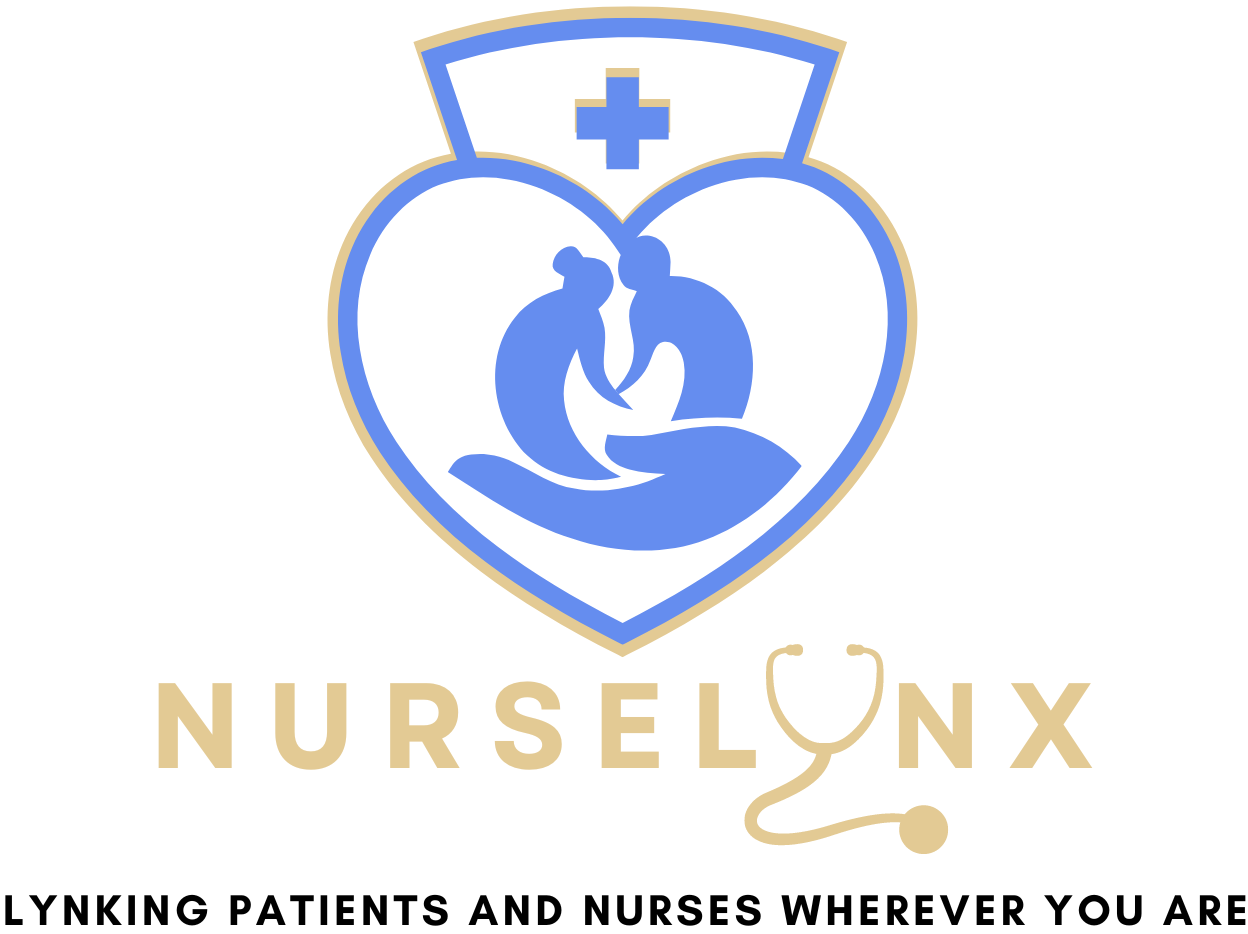Coordinating care for individuals with complex health needs can be overwhelming. Case management services provide a structured approach to ensure that all aspects of a patient’s care are seamlessly integrated. This blog will explore the importance of case management services in home care settings and how they contribute to better health outcomes through comprehensive care coordination.
Understanding Case Management Services
Case management services involve the planning, coordination, and management of a patient’s comprehensive healthcare needs. Case managers work closely with patients, families, and healthcare providers to create and implement effective care plans.
Key Components of Case Management Services
Assessment
- Evaluating the patient’s health status, needs, and resources to develop a personalized care plan.
Care Planning
- Creating a comprehensive care plan that outlines the necessary services, treatments, and goals for the patient.
Coordination
- Coordinating with various healthcare providers and services to ensure the patient receives consistent and integrated care.
Monitoring
- Regularly monitoring the patient’s progress and making adjustments to the care plan as needed.
Advocacy
- Advocating for the patient’s needs and ensuring they have access to the necessary resources and support.
Benefits of Case Management Services
Case management services offer numerous benefits that enhance the quality of care and improve health outcomes for patients.
Personalized Care
Care plans are tailored to meet the specific needs and preferences of each patient, ensuring individualized and effective care.
Improved Coordination
By coordinating care across different providers and services, case managers ensure that all aspects of the patient’s health are addressed.
Enhanced Communication
Case managers facilitate communication between patients, families, and healthcare providers, ensuring everyone is informed and involved in the care process.
Better Health Outcomes
Regular monitoring and adjustments to the care plan help prevent complications and promote better health outcomes.
Resource Management
Case managers help patients access necessary resources and services, reducing barriers to care and improving overall well-being.
The Role of a Case Manager
Case managers play a vital role in ensuring comprehensive and coordinated care for patients. Their responsibilities include:
Conducting Assessments
Evaluating the patient’s medical, social, and psychological needs to develop an effective care plan.
Developing Care Plans
Creating detailed care plans that outline the necessary services, treatments, and goals for the patient.
Coordinating Care
Working with various healthcare providers and services to ensure seamless and integrated care delivery.
Monitoring Progress
Regularly assessing the patient’s progress and making adjustments to the care plan as needed.
Advocating for Patients
Ensuring that patients receive the necessary support and resources to meet their healthcare needs.
How Case Management Services Improve Health Outcomes
Case management services play a crucial role in improving health outcomes by providing comprehensive and coordinated care.
Preventing Hospitalizations
Effective care coordination and regular monitoring help prevent hospital admissions and readmissions by addressing issues early.
Managing Chronic Conditions
Case managers ensure that patients with chronic conditions receive the necessary treatments and support to manage their health effectively.
Promoting Adherence
By coordinating care and providing support, case managers help patients adhere to their treatment plans, improving health outcomes.
Enhancing Quality of Life
Comprehensive care plans address all aspects of a patient’s health, improving their overall quality of life.
Real-Life Impact of Case Management Services
The benefits of case management services are evident in the real-life experiences of patients and families.
Case Study: Mr. Thompson
Mr. Thompson, a 70-year-old man with multiple chronic conditions, struggled to manage his healthcare needs. His family engaged case management services, and the impact was significant. The case manager coordinated care among various specialists, monitored his progress, and ensured he had access to necessary resources. Mr. Thompson’s health stabilized, and his overall quality of life improved.
Choosing the Right Case Management Services
Selecting the right case management services is essential to ensure effective care coordination and improved health outcomes.
Experience and Qualifications
Choose case managers with the necessary experience and qualifications to handle complex healthcare needs.
Personalized Approach
Look for services that offer personalized care plans tailored to the specific needs of the patient.
Comprehensive Services
Ensure that the provider offers a wide range of services, including assessment, care planning, coordination, and monitoring.
Strong Communication
Effective communication between case managers, patients, and families is crucial for successful care coordination.
Positive Reputation
Research the provider’s reputation and read reviews to ensure they have a track record of providing excellent care.
Conclusion
Case management services are essential for coordinating comprehensive care plans and improving health outcomes for patients with complex healthcare needs. By providing personalized, integrated care, case managers enhance the quality of care and ensure better health outcomes. For more information on case management services, visit Nurse Lynx Home Care & Staffing Services.
Discover more about our services on our Google business profile for more details and customer reviews.



